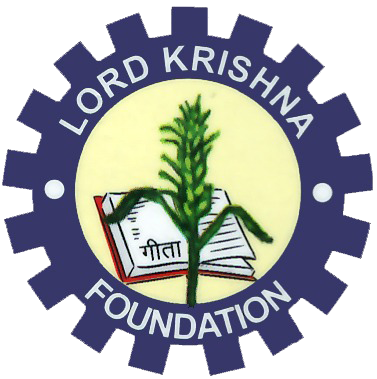
KRISHNA PG COLLEGE AGRA
Affiliated To Dr Bhimrao Ambedkar
University,Agra / N.C.T.E / UGC
We are open
Mon-Sat 9:30-16:30
M.Sc. (Physics, Mathematics, Botany)
ABOUT COURSES

A Master of Science degree provides scientific as well as professional entry-level competency to students. The course offers advanced theoretical as well as practical knowledge to students in their chosen specialisation. The MSc specialisation opted by students is usually the one studied by them during graduation.
If you are a graduate looking for career options in the field of Science, given below is everything-you-need-to-know about MSc in terms of its required skillset, basic eligibility criteria, course curriculum, top entrance exams, job profiles, etc.
MSc: Eligibility Criteria
As already hinted above, all candidates need to possess a bachelor’s degree in Science from a recognised college/ university. Minimum marks that candidates need to secure in graduation in order to be eligible for an MSc course is usually 50 – 60%. However, the required percentage might change depending on the policy of a university or institute in which a candidate is applying.
Age bar: There is usually no age criteria to join MSc course.
M.Sc
Master of Science (Mathematics)
MSc (Mathematics) programme aims to develop an advanced training in mathematics with an emphasis on coursework. The program enables the learner to build and enhance their professional skills and qualifications in advanced mathematics in general and/or in some specialized areas of applied mathematics.
MSc Physics Highlights
- MSc Physics Subjects: quantum mechanics, classical mechanics, astrophysics, optics, spectroscopy, nuclear physics, electronics, etc.
- Average Salary: INR 4.5 to 10 LPA
- MSc Physics Jobs: Junior Research Fellow, Research Scientist, Medical Physicist, Radiation Physicist, Research Associate, etc
- Top Recruiters: Maruti Udyog, TATA motors,Indian Institute of Patent and Trademark, Tech Mahindra, Infosys, Wipro, CTS, etc
- MSc Physics Scope: MPhil/PhD.
MSc Botany Highlights
Master of Science (M.Sc) in Botany, also called Plant Biology, is a postgraduate level Master degree course. It is generally of 2-years duration, but some universities offer 3 year courses and 5 year integrated MSc-PhD courses in Botany as well. It is a very popular postgraduate level course among the bio-science students.MSc Botany course is best suited for the students who have completed their graduation in botany or integrated biology (biological sciences), and are looking to pursue a course that will have an adequate mix of mainstream biology along with genetics and biotechnology. During this course, a candidate is given a complete idea about the entire plant kingdom and plant physiology, along with some additional topics related to genetics and biotechnology, cell biology, microbiology, and ecology.
- Duration: 2 years (Full Time)
- Minimum Eligibility required is an aggregate of 50% score in BSc degree from a recognized board or university.
- Admission Process: Both Entrance Exam and Merit-Based.
- Top MSc Botany Entrance Exams: DUET, BHU-PET, AUCET, CUCET, LPUNEST, TUEE, and other relevant entrance exams.
- Top Universities/ Colleges: Delhi University, Hindu College, Miranda College, Lovely Professional University, Banaras Hindu University, Ramjas College and other popular universities and colleges.
- Common Jobs after MSc Botany: Research Associate, Biotech Marketing Executive, Clinical Data Analyst, Medical Coder, Diagnostic Specialist, Teacher, etc.
- Popular Courses after MSc Botany: M.Phil Botany and PhD in Botany








